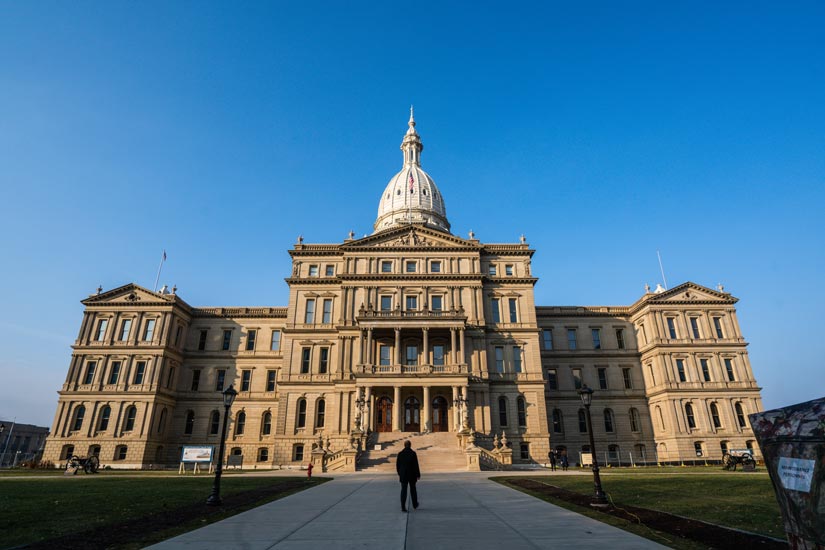Case Status: Victory
Operation King’s Dream v. Ward Connerly

CIR defends Michigan civil rights initiative
The Center for Individual Rights represented the Michigan Civil Rights Initiative (MCRI) against a last-minute effort by opponents to keep it off the November 2006 ballot by challenging its legality under the federal Voting Rights Act.
In July 2006, an organization called “Coalition to Defend Affirmative Action, Integration and Immigrant Rights and Fight for Equality By Any Means Necessary” (“BAMN”) filed suit in federal court alleging that some petition circulators obtained the signature of black individuals “by saying that the petition supported affirmative action.” Contending that these alleged statements amounted to fraud in violation of the federal Voting Rights Act, BAMN’s suit demanded that the initiative be removed from the November ballot.
CIR represented MCRI and several citizens named in the suit, including Jennifer Gratz and Ward Connerly. On August 3, 2006, CIR filed a motion asking the court to promptly dismiss BAMN’s suit. CIR contended that the largely frivolous action failed to state a claim under the Voting Rights Act and that even if it did, allowing the suit to go forward would violate the free speech rights of petition supporters.
Finding that MCRI had not violated any measures of the Voting Rights Act, Judge Tarnow of the U.S. District Court for the Eastern District of Michigan denied BAMN’s motion to remove MCRI from the ballot. The U.S. Court of Appeals for the Sixth Circuit then rejected BAMN’s appeal, allowing MCRI to appear on the November 2006 ballot. The MCRI subsequently passed by a 58-42 margin.
Noisy effort to deny free speech rights
BAMN’s suit made the nonsensical claim that putting the civil rights referendum on the ballot would have somehow violated the 1965 voting rights act, which prohibits states from denying citizens the right to vote on the basis of race. In the topsy-turvy world in which the theory lived, it would have violated federal law to give all voters — regardless of race — the chance to vote on the initiative designed to end racial preferences.
More troubling still was the dangerous precedent that BAMN hoped to set for involving federal judges in every state and local election. In this case, citizens were sued in federal court for encouraging someone to sign a petition that stated on its face exactly what it would do. By that same logic, a last-minute television commercial that “falsely” induced someone to vote for a particular candidate would also deny a person’s right to vote.
